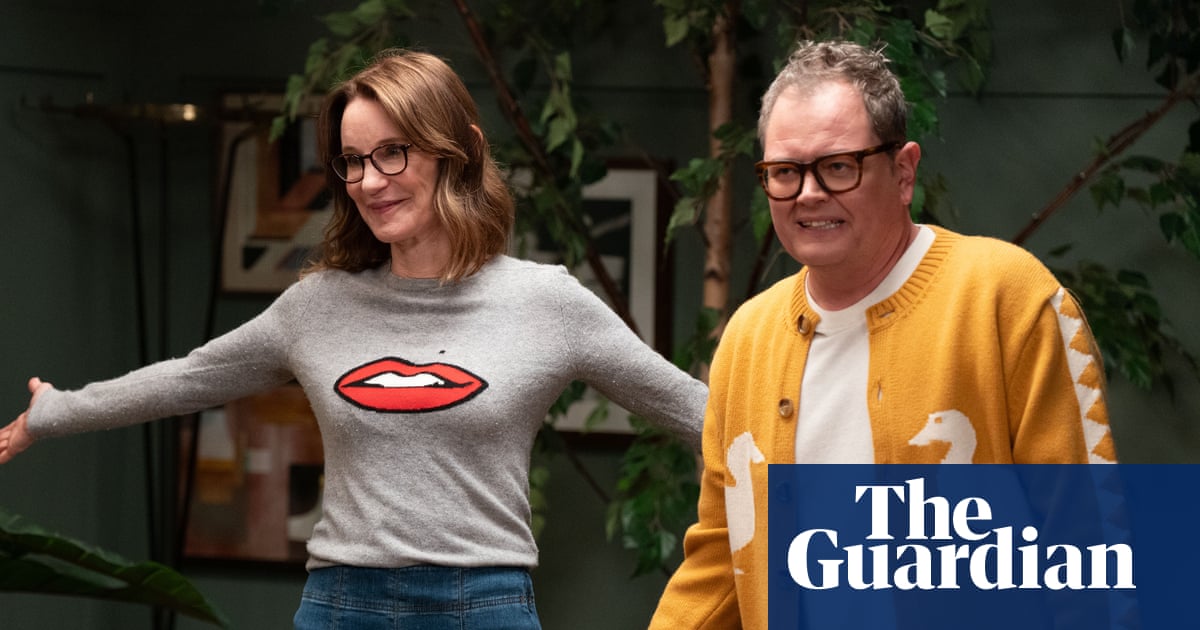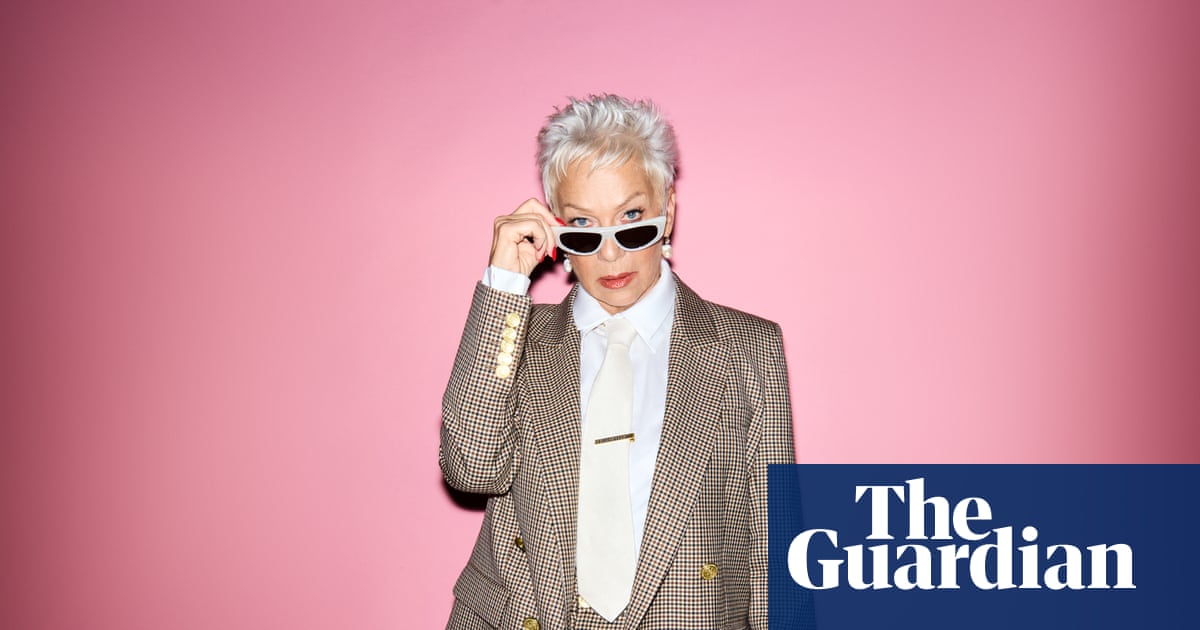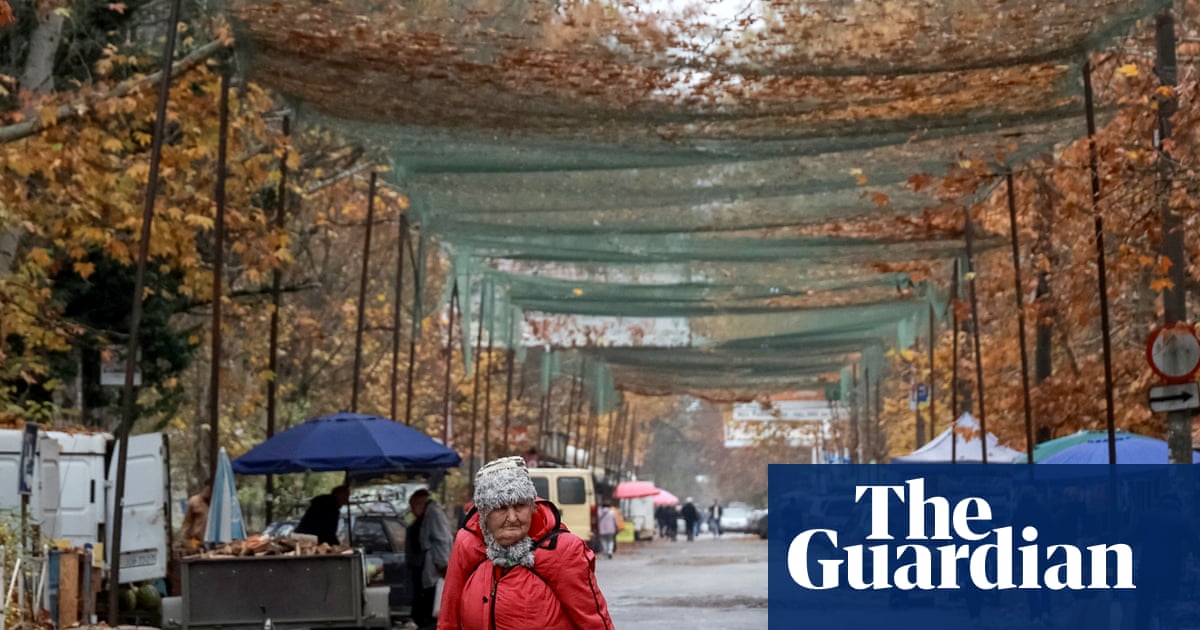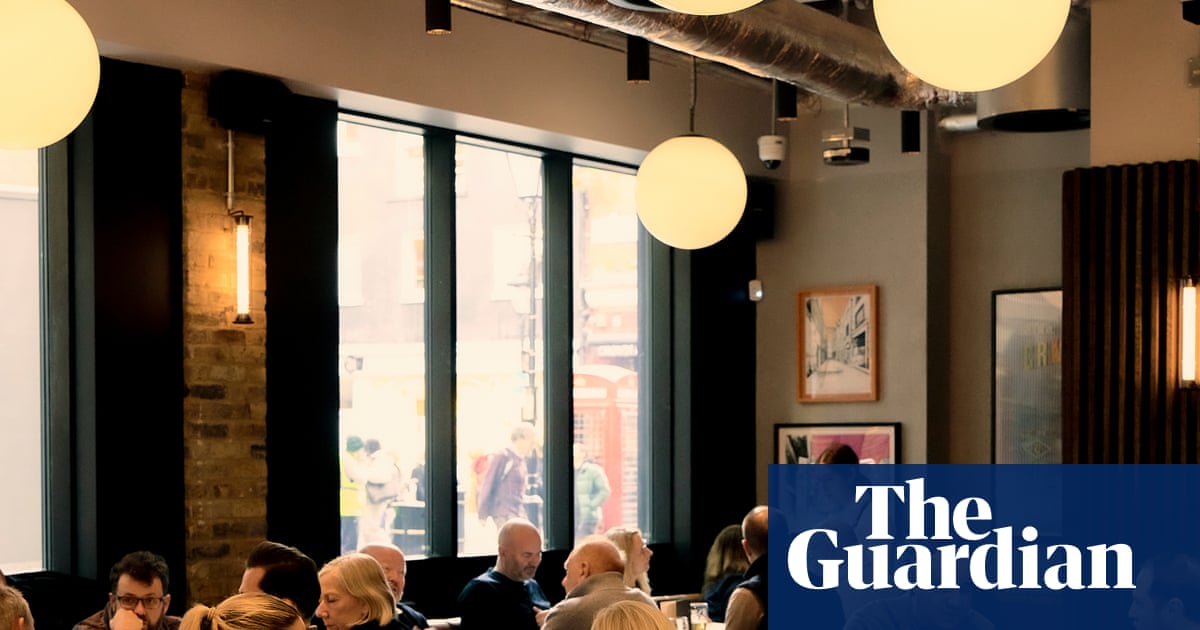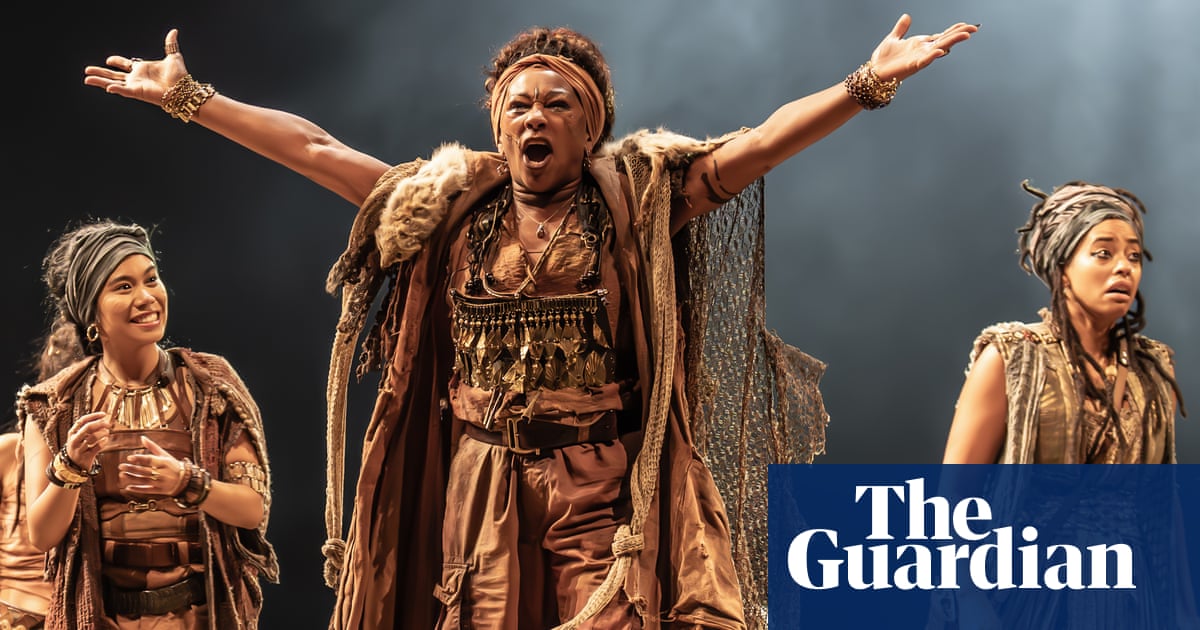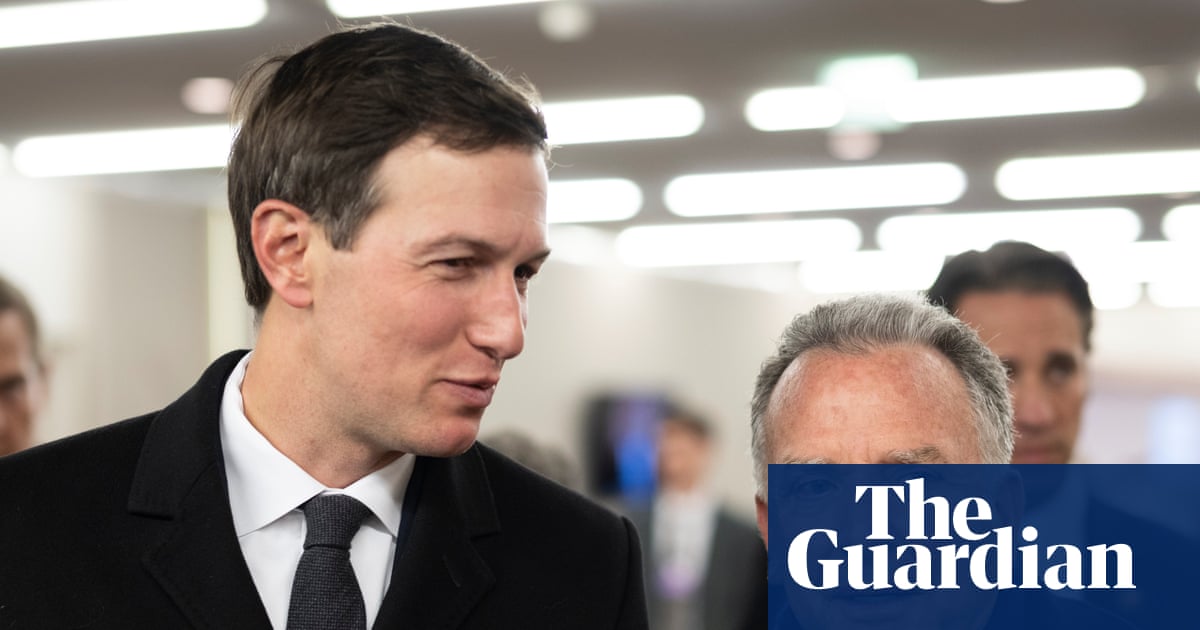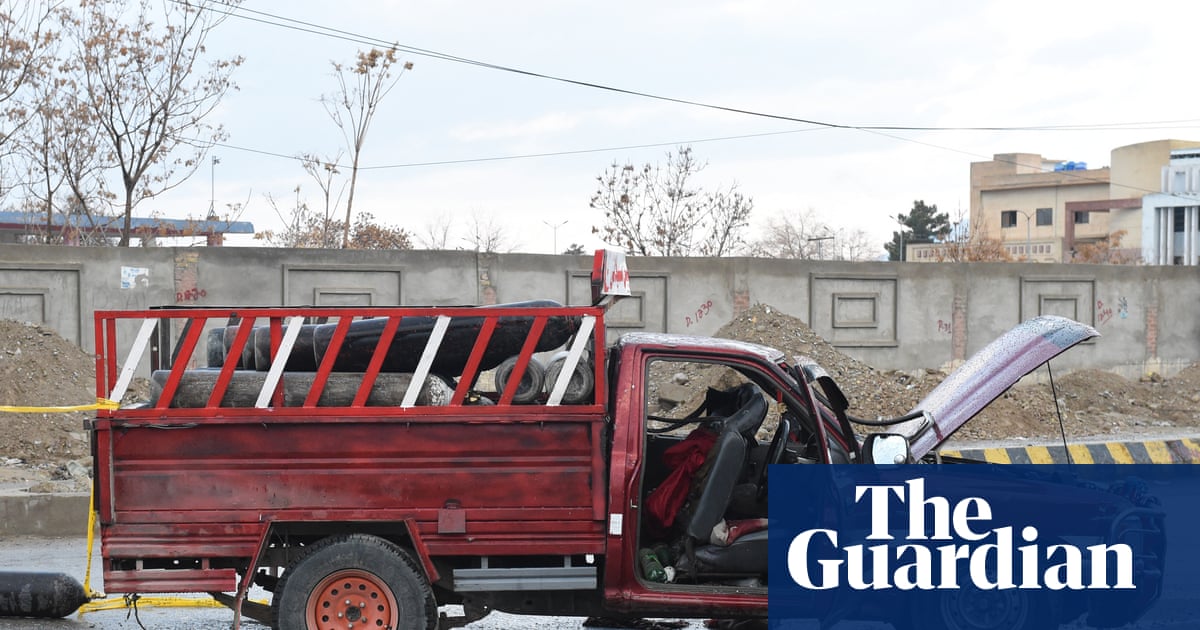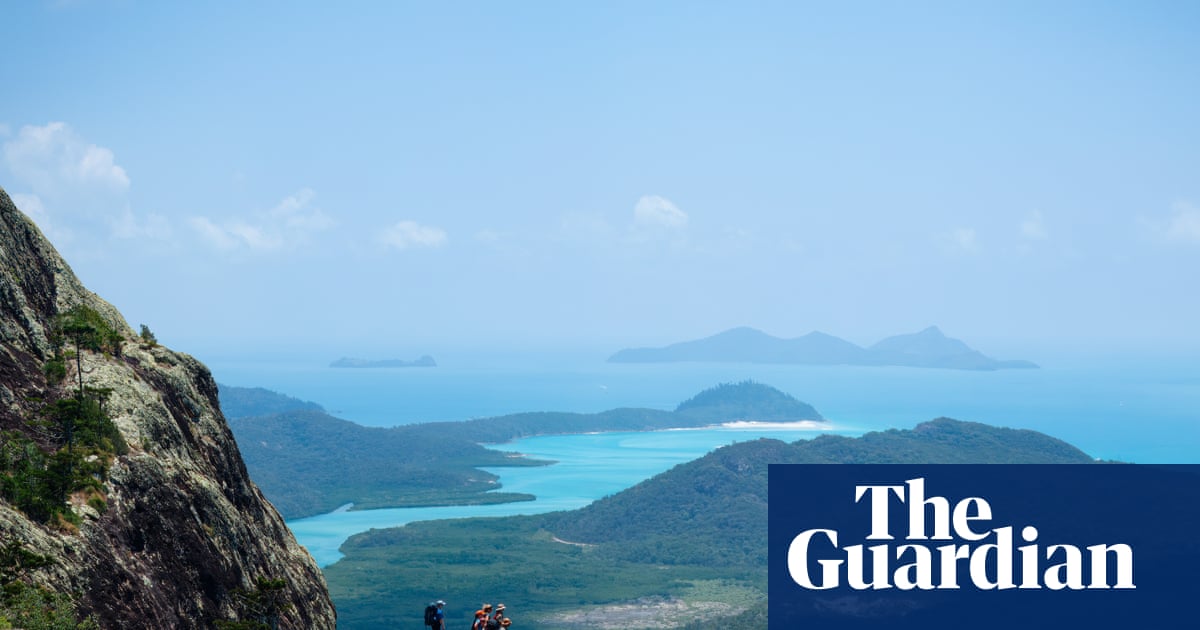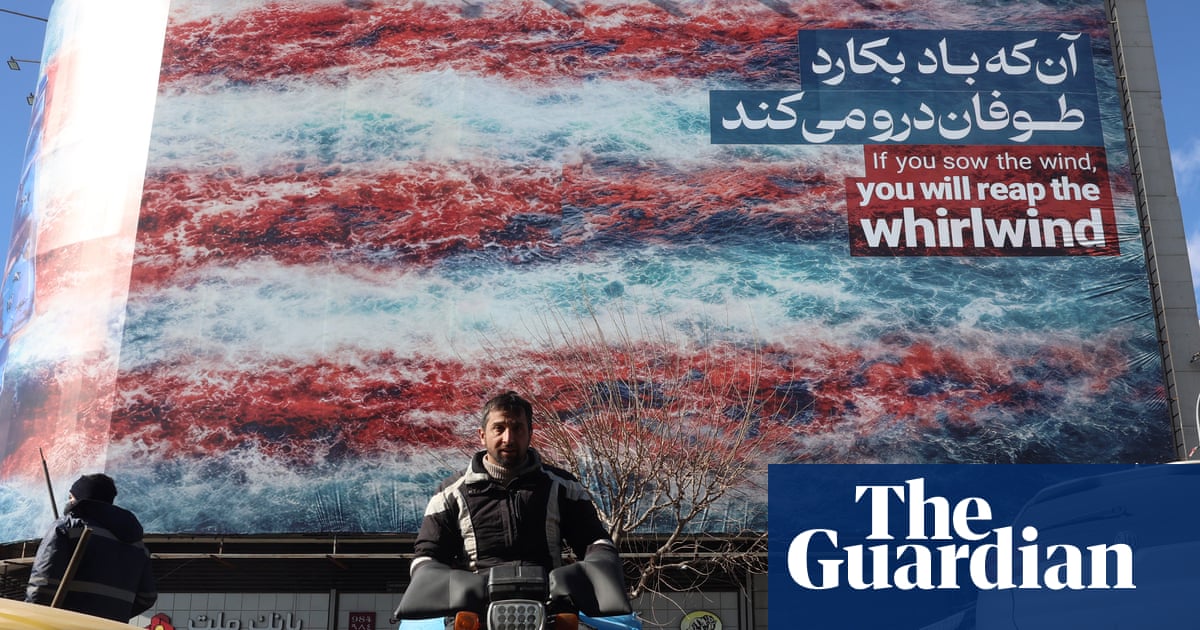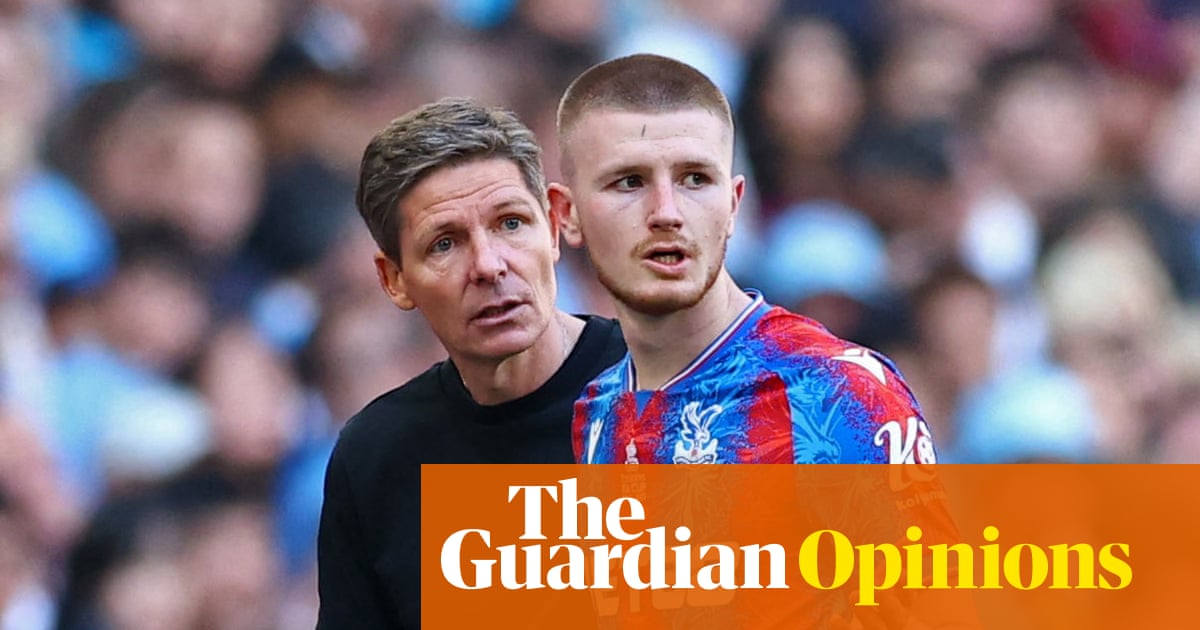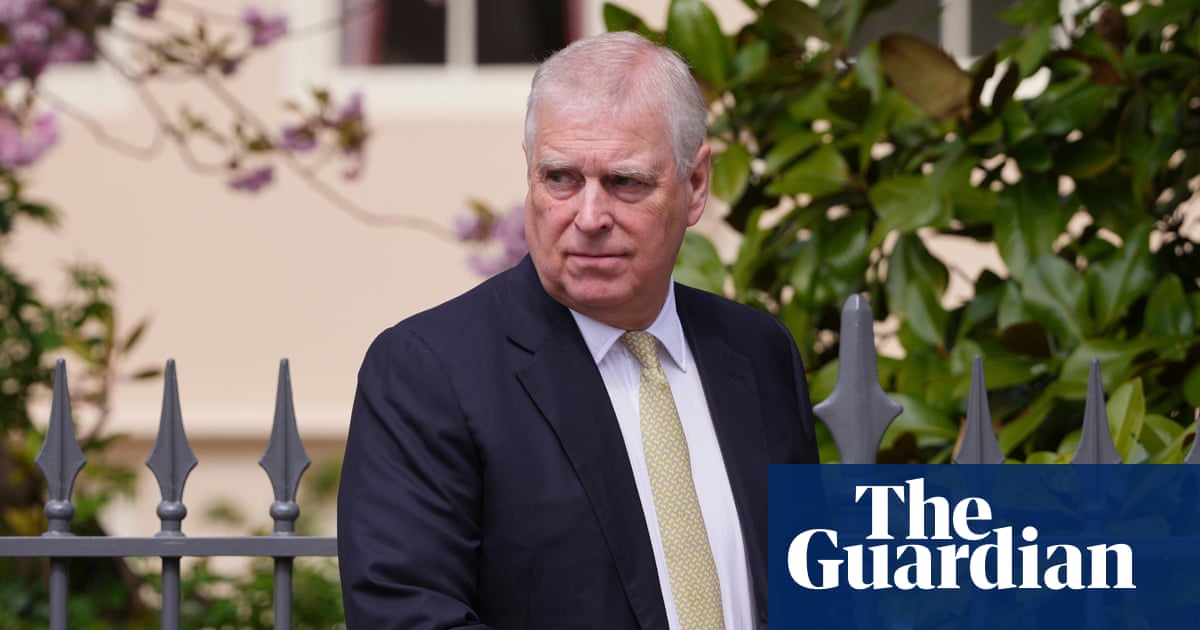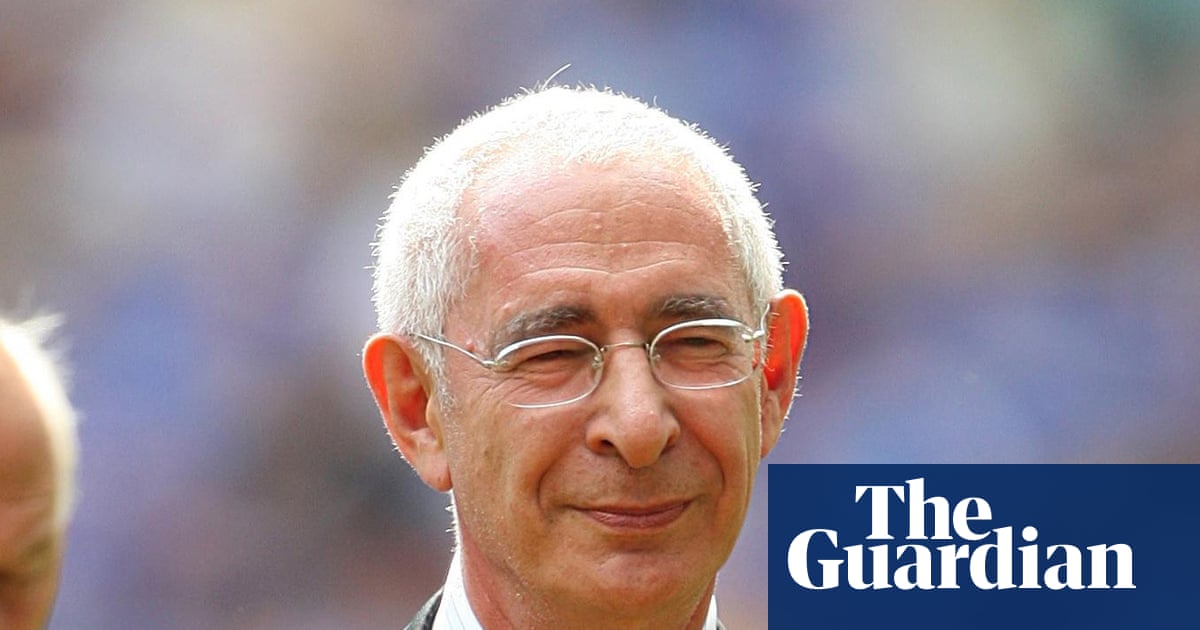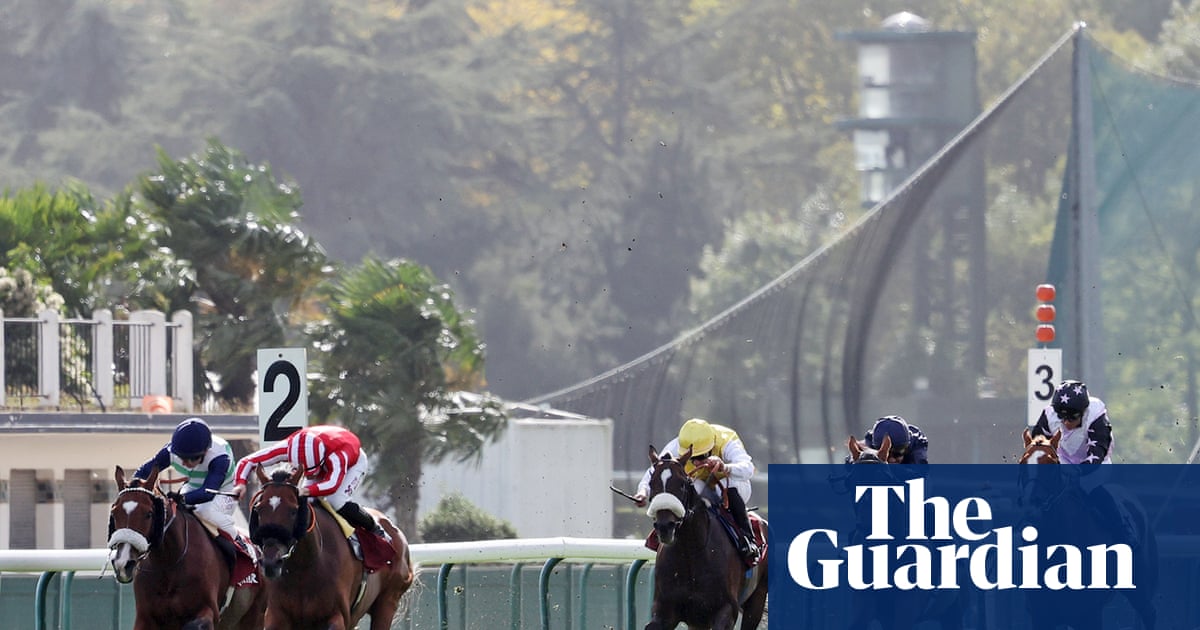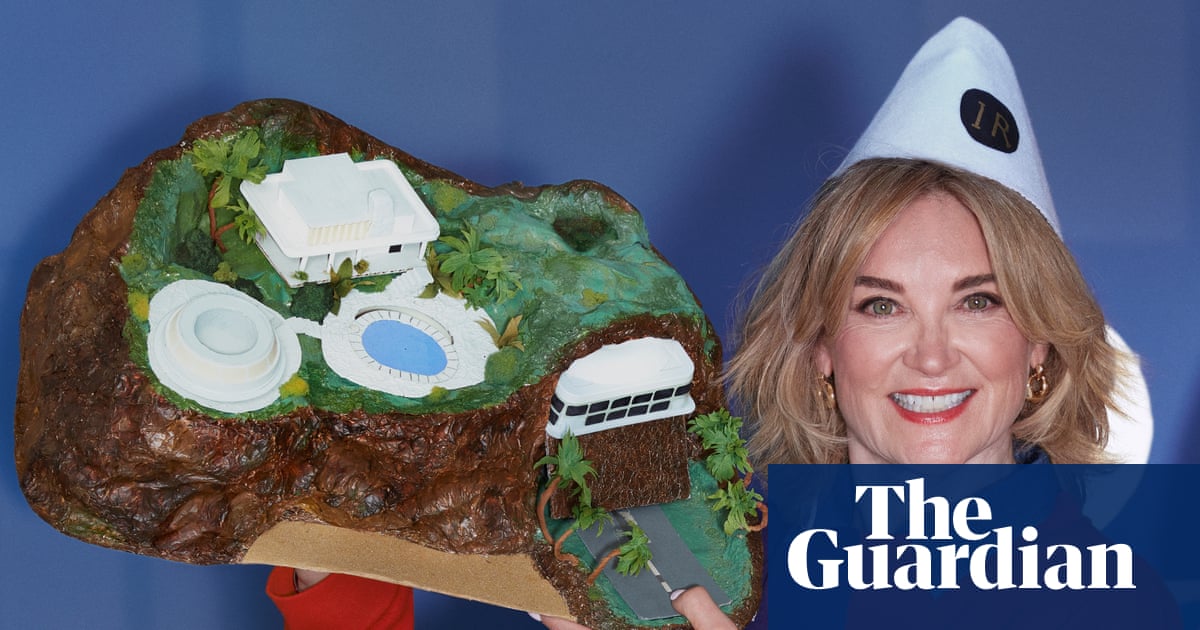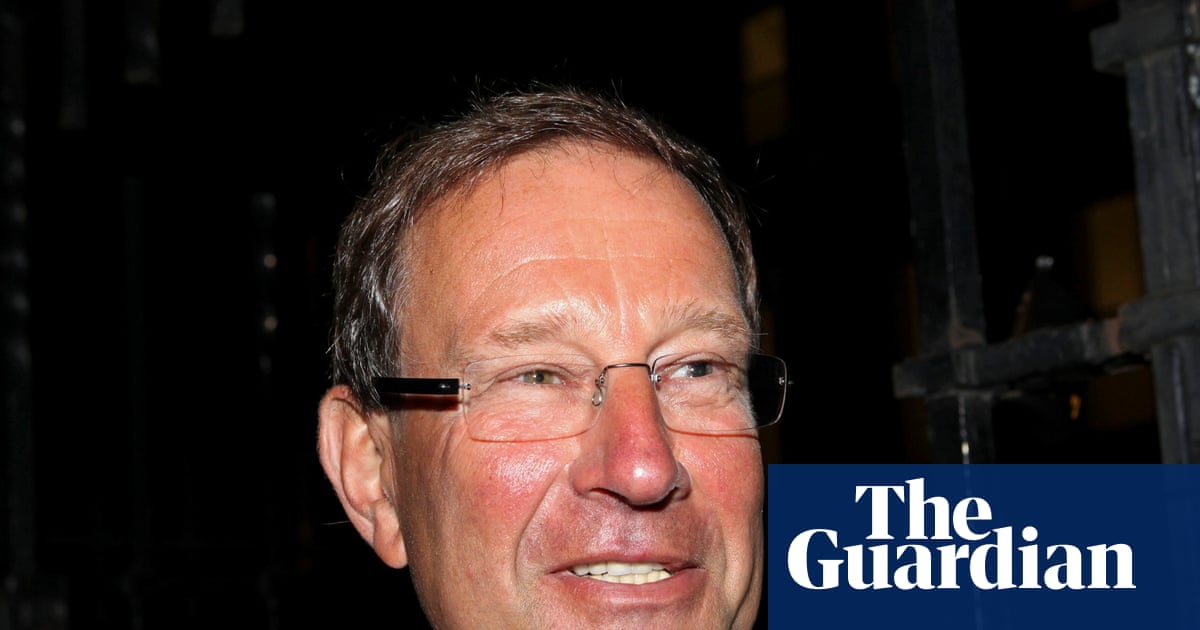Margot Raggett has spent the past decade raising money for conservation efforts around the world but, right now, she feels nervous about the future. “It does feel like we’ve taken a backward step,” she said.
The wildlife photographer has raised £1.2m for the cause in the past 10 years through her Remembering Wildlife series, an annual, not-for-profit picture book featuring images of animals from the world’s top nature photographers. The first edition was published in 2015, when the Paris climate agreement was being drafted but, in the years since, efforts to tackle the climate crisis have been rolled back.

Under Donald Trump, the US withdrew from the agreement in 2020. Joe Biden reversed the decision the following year but, on the first day of his second presidential term, Trump announced the US would be withdrawing yet again. In the UK, both the Conservatives and Reform UK have pledged to scrap the 2050 net zero target should they win power.
“Compared to a few years ago, there was a desire for renewables instead of drilling for oil across the world. I think the importance of nature is something for us all to cling on to,” said Raggett.
Despite this, she has some hope. “I’m nervous but equally I’m encouraged by the fact that there are so many people that do seem to still care. I’ll do everything I can to keep my end of the bargain and keep fighting. And I know there’s lots of other people who feel the same, so time will tell, but we certainly can’t be complacent.”
In a timely reminder of how fraught the outlook is for wildlife at the moment, this year’s release, titled Ten Years of Remembering Wildlife, is being published alongside original and altered images of animals including polar bears, cheetahs and pangolins living in, and then scrubbed out of, their natural habitats.
Raggett said these images were intended to be “provocative” and to give a glimpse of the future if we remain on our current track. “The rate of wildlife decline is so rapid across the world and there’s a lot of work to be done to reverse it. We really could be looking at a future where these landscapes would be without these wild animals,” she said. “That’s why we created it, to make people pause and realise what could happen if we don’t take action.”

While she has spent most of her photography career far away from the UK in Kenya, Tanzania and Bhutan, she has some concerns closer to home. The government has pledged to build 1.5m homes by the end of its first term in parliament.
As part of this effort, ministers have told the Environment Agency to wave through planning applications in England with minimal resistance, a move that has dismayed environmental campaigners. Earlier this month, the Guardian revealed that Rachel Reeves boasted about unblocking a development of 20,000 homes being held up by “some snails on the site that are a protected species or something”.
Ragett called for a “massive pause” on the government’s “short-sighted” plans for accelerated housebuilding. “What everyone needs to understand is that we are all intertwined with nature,” she said. “It’s very easy in a built-up country like ours to not understand the part every species plays in our ecosystem, how they keep our trees growing and the impact that has on clearing carbon from the atmosphere.
“I feel like in this country, there’s enough brownfield sites that could and should be redeveloped before you lose any more countryside. We’ve lost so much already. I think there should be a massive pause.”
Ragett was inspired to set up the Remembering Wildlife project after coming across an elephant that had been a victim of poaching in Kenya. “He had a poisoned arrow in him and then he started to be eaten by hyenas. I was so horrified and I felt so impotent… so I was determined to try and do something about it,” she said.
She said efforts to clamp down on illegal poaching have been mixed. “The impact of poaching rhinos for their horns in South Africa remains horrific. I have friends who are based out there and the rate of poaching is shocking but there have been some wins too. China banning ivory a few years ago definitely has had an impact but then it pops up in the illegal trade elsewhere in Asia,” she said.
Tackling demand, especially in Asia where poaching products are used in traditional medicines, is one of the most important ways to reduce the practice, Raggett said. “Poaching is still a huge criminal industry and and it’s not going anywhere. It’s still very much rampant.”
Earlier in October, the world-renowned primatologist Jane Goodall died aged 91. Raggett had met her in 2018. “I was blown away by her work ethic and determination. She had just gotten off a night flight from Tanzania. At my age, I’d be having a nap the next morning and yet she had a queue of people waiting to have appointments with her. She was totally inspirational and encouraging and had real humility in how she spoke,” she said. “She has a remarkable legacy full of wisdom, and humour as well.”

 3 months ago
101
3 months ago
101
